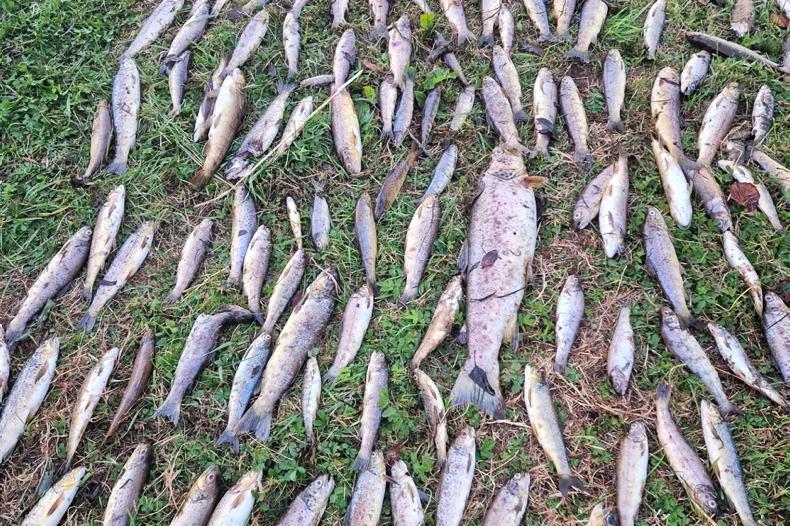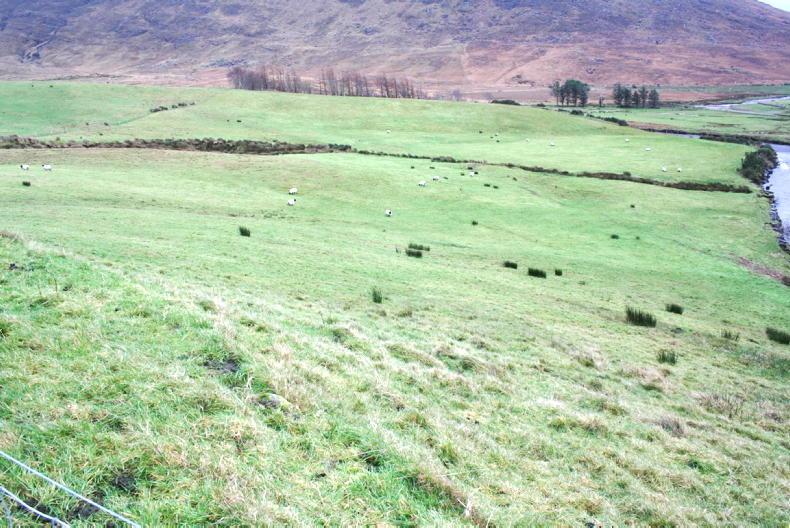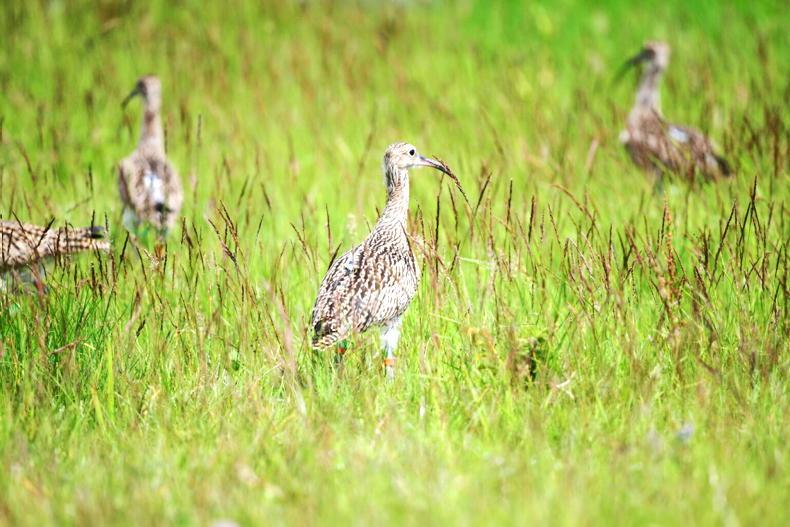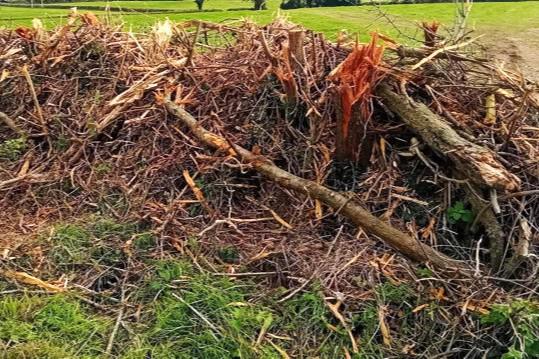The State will outline its long-term climate and nature funding plans over the coming year, the national biodiversity action plan published on Thursday has stated.
The plan said that farmers must be supported in conserving and restoring biodiversity as the State looks to up its ambitions for nature.
The new plan sets out a 2024 deadline for the State to outline how it will invest the more than €3bn infrastructure, climate and nature fund, established in Budget 2024.
A long-term focus will be taken on investing this fund between 2026 and 2030, but there was little exact detail in the plan on what funding streams could open for farmers.
The plan does note that farmers and landowners are “in many aspects the most important players in biodiversity issues”.
Nature restoration law
The State intends on drafting the plan which will set nature restoration law targets is to be drafted over the coming two years, subject to the law’s finalisation in the European Parliament next month.
A compromise law was agreed by MEPs and member states before Christmas, after the law had been passed in the Parliament by a narrow majority.
Stakeholder consultation for this plan is expected to kick off soon after the law is finalised.
Measures
The national biodiversity action plan commits to a full review of wildlife laws.
This year is also to see the completion of the Department of Agriculture’s review of the environmental impact assessment regulations, which govern the thresholds set for when permission must be granted before land works including hedgerow removal and drainage can be carried out.
A deadline of 2030 has been set for having addressed key issues of deer management, including a reduction in numbers, as recommended by the deer management strategy group.
The National Parks and Wildlife Service farm plan scheme is to be “adequately resourced to expand the number of farms delivering conservation measures”, although no target was mentioned for the number of farmers participating or the funding increase that is expected to cater for this scheme expansion.
Monitoring farm habitats
Bord Bia is to ensure that its Origin Green programme gives “measurable benefits” for biodiversity, with the plan stating that Bord Bia had been tracking and reporting on the biodiversity measures being carried out by farmers since 2023.
Teagasc and the Department of Agriculture are to conduct biodiversity assessments on all national farm survey farms by 2030.
2025 is to see the establishment of a national programme tracking habitat quality, quantity and change.
The Department of Agriculture will also report on the impact that farming has on the environmental status of habitats and species in 2027, also looking back at the share of CAP funds that went to biodiversity measures.
Flooding
By 2027, a feasibility assessment is to be completed by the Office of Public Works (OPW) on the possibility of rolling out nature-based solutions as part of flood relief schemes.
The Slowaters pilot project, which pays down farmers to help prevent flooding, is to feed into this assessment.
The OPW is also to ensure that the biodiversity impact of “significant” river drainage works are considered, particularly the possible impact on wetlands.
There is already active interest from private companies to investigate the potential for financing peatland restoration to offset high demands for water use.








SHARING OPTIONS